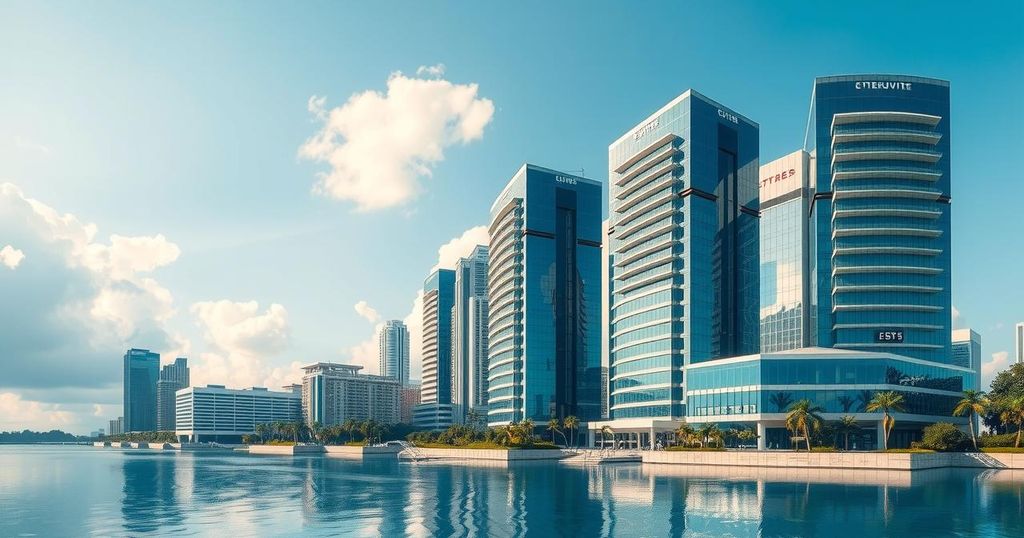Yamandú Orsi has been inaugurated as Uruguay’s new president, leading a leftist government focused on strengthening social programs and revitalizing the stagnant economy. He faces challenges balancing progressive demands with economic stability, amid growing concerns over inequality and labor unrest. The business community remains cautious as they await his policy decisions.
Yamandú Orsi, a charismatic former mayor and history teacher, has assumed the presidency of Uruguay. His administration aims to enhance the social safety net and revive the economy after years of stagnation. This inauguration marks the return of the Broad Front, a coalition of center-left factions that governed from 2005 to 2020 before being replaced by the conservative government of Luis Lacalle Pou.
Orsi’s oath of office was met with enthusiastic applause from supporters gathered in Montevideo. His election signifies a more civil political climate compared to previous races in Latin America, as he emphasized the importance of preserving democratic values amidst regional rightward shifts. In his inaugural address, he called for political rivals to be treated as adversaries, rather than enemies.
A dinner held the night before with regional allies, such as Brazil’s Luiz Inácio Lula da Silva and Chile’s Gabriel Boric, showcased Orsi’s connections with other left-wing leaders facing similar challenges of inequality and economic stagnation. Amid public nostalgia for the Broad Front’s rule, which saw significant economic growth and social reforms, he takes on the task of addressing current issues like rising inequality and crime.
Confronted with the demand for significant changes, Orsi is tasked with managing the expectations of more radical elements of his coalition while encouraging economic competitiveness. He emphasized the need for quality job creation and equitable income distribution, recognizing the delicate balance required to navigate between various political pressures.
Economic observers remain cautious about the implications of Orsi’s administration for business interests, awaiting clarity on whether he or his more leftist base will dominate policy decisions. This uncertainty is compounded by the need for fiscal prudence in light of union demands to reverse pension reforms made under the previous government, which were recently rejected by the public.
Orsi acknowledged the necessity of dialogue to address diverse community needs, particularly as tensions rise between labor unions and the business sector. Recent events, including strikes and production shutdowns, further illustrate the complexities he faces in reconciling labor demands with the need for economic stability.
Yamandú Orsi has taken office as Uruguay’s new president with a mandate to strengthen social programs while revitalizing the economy. His leadership emerges amidst challenges related to inequality and labor demands, requiring a careful balancing act between progressive coalition interests and economic stability. As his government begins, both Spain’s populace and the business community await clarity on his policy direction and commitment to an inclusive growth strategy.
Original Source: www.newspressnow.com




